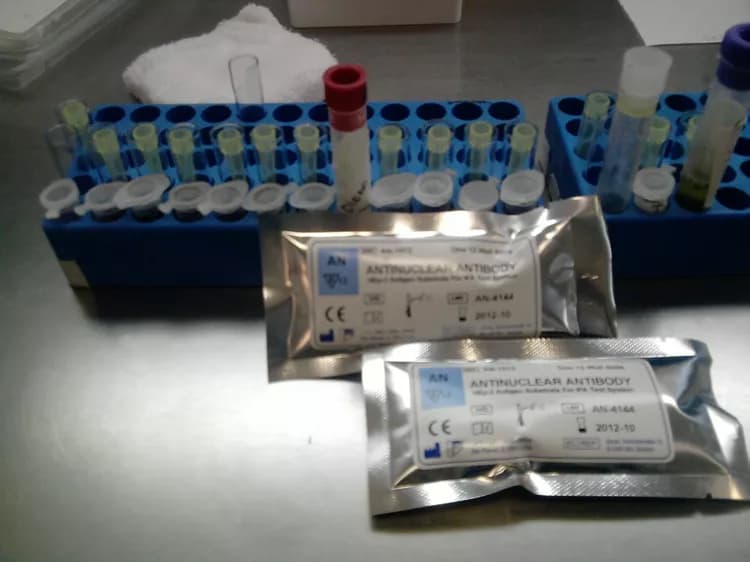
Breakthrough Discovery In Diagnostic Tools That Can Replace Commonly Used And Fragile Antibodies
Experts from the Biotechnology Group at the University of Leicester led by Professor Sergey Piletsky in collaboration with the spin-off company MIP Diagnostics Ltd have announced the development of polymeric materials with molecular recognition capabilities which hold the potential to outperform natural antibodies in various diagnostic applications
In a newly released article "A comparison of the performance of molecularly imprinted polymer nanoparticles for small molecule targets and antibodies in the ELISA format" the researchers successfully demonstrated that polymer nanoparticles produced by the molecular imprinting technique (MIP nanoparticles) can bind to the target molecule with the same or higher affinity and specificity than widely used commercially available antibodies and against challenging targets.
Additionally, their ease of manufacture, short lead time, high affinity and the lack of requirement for cold chain logistics make them an attractive alternative to traditional antibodies for use in immunoassays.
The demonstration assays described in the above article allowed for the determination of target analytes at picomolar concentrations. The results confirmed that MIP nanoparticles can be used as viable alternatives to antibodies in ELISA format, showing similar to, or better performance than natural receptors like antibodies.
The assays possessed much higher stability, which overall is a very strong endorsement for considering industrial application of MIP nanoparticles in diagnostic platforms.
Professor Piletsky, from the University of Leicester's Department of Chemistry, said: "It is now well over twenty years since the first demonstration that molecularly imprinted polymers can be used as the recognition material in assays for clinically significant drugs. At that time, seminal work clearly illustrated the principle, but the assays described were unlikely to present a threat to established methods which relied on antibodies.
"Recent advances in the synthesis of MIP nanoparticles have overcome the perceived drawbacks of MIPs such as binding site heterogeneity, leaching problems/poor binding kinetics and lack of suitable industrial manufacturing protocols.
"The new solid-phase manufacturing approach used at MIP Diagnostics uses immobilised target molecules at the surface of a solid support, hence its name. At the surface of this support, monomers are polymerised into polymer nanoparticles, which are then selected on the basis of their affinity for the target, which is re-useable. In addition to producing high-performance binders, this synthetic approach is suitable for scale-up and automation making it very attractive for the commercial use. Being chemical entities, additional functional layers may be created during the MIP nanoparticle synthesis to modify the properties of the particles without affecting their recognition ability."
The robust nature of MIP nanoparticles makes them ideal reagents for a wide range of applications including point-of-care diagnostics and in field based testing.
They can withstand harsh environments, such as extremes of pH and temperature, seawater and can even function in organic solvents.
MIPs have successfully been created and deployed against all major target classes including peptides, proteins and other macromolecular structures, as well as smaller chemical entities such as inorganic ions, explosives, drugs, toxins, their metabolites and common biochemical species such as enzyme cofactors.
Materials provided by University of Leicester. Note: Content may be edited for style and length.
Disclaimer: DoveMed is not responsible for the accuracy of the adapted version of news releases posted to DoveMed by contributing universities and institutions.
References:
Katarzyna Smolinska-Kempisty, Antonio Guerreiro, Francesco Canfarotta, César Cáceres, Michael J. Whitcombe, Sergey Piletsky. (2017). A comparison of the performance of molecularly imprinted polymer nanoparticles for small molecule targets and antibodies in the ELISA format. Scientific Reports. DOI: 10.1038/srep37638
Related Articles
Test Your Knowledge
Asked by users
Related Centers
Related Specialties
Related Physicians
Related Procedures
Related Resources
Join DoveHubs
and connect with fellow professionals

0 Comments
Please log in to post a comment.